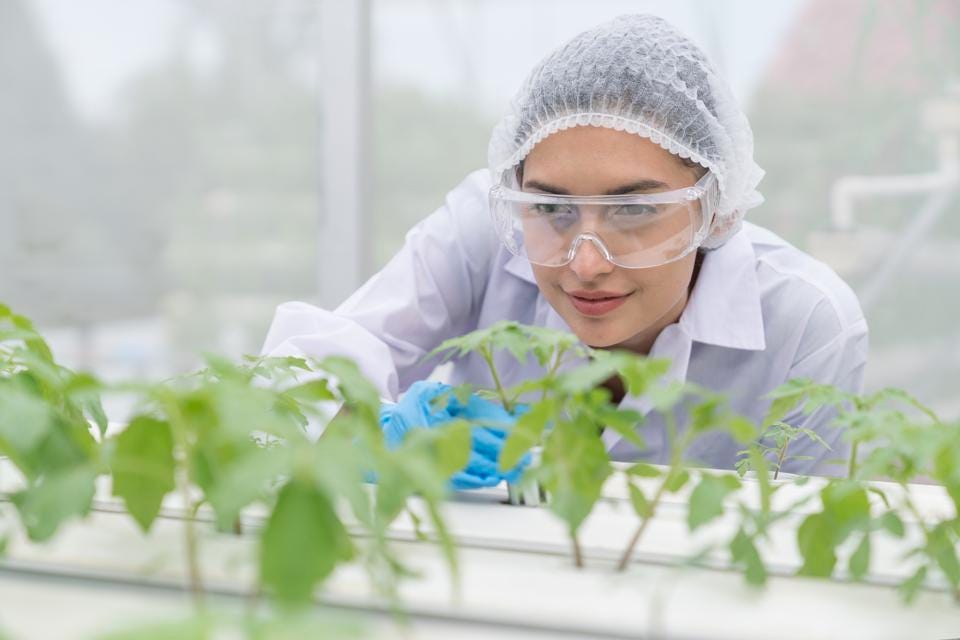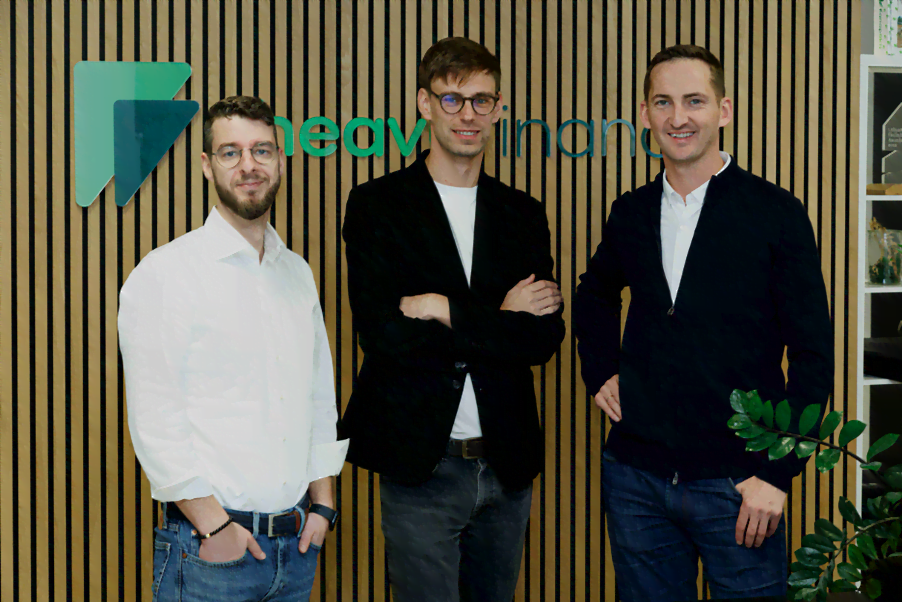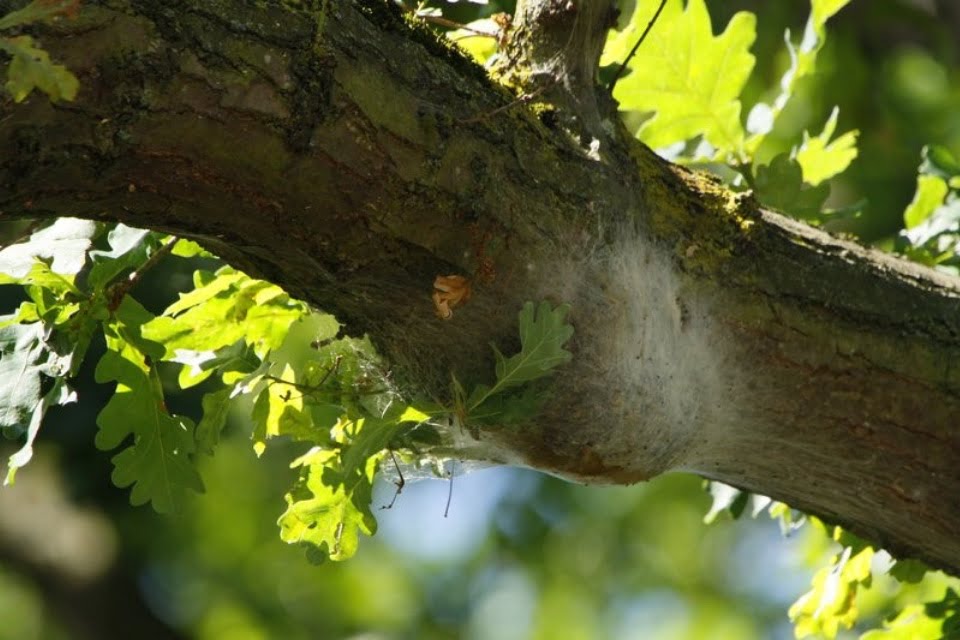Brighton’s tech community has taken up the challenge of building sustainable food systems. Several start-ups, investors, and community members have joined forces to address the critical issue of food waste and reduce the environmental impact of food production. The initiative aims to create a circular economy that reduces waste, creates local jobs, and improves the health of the community.
The collaboration brings together innovators from various fields, including agriculture, food science, and technology. One of the companies involved in the project is ‘FoodCycle,’ a non-profit organization that collects surplus food from supermarkets and redistributes it to local communities. Another company is ‘The Brighton Waste House,’ which uses food waste to generate energy and fertilizers.
Startups like ‘FarmDrop’ and ‘Brighton Gin’ have also joined the initiative to create a sustainable food system in the region. FarmDrop is an online farmers’ market that sources products directly from local farms and delivers them to customers. Brighton Gin, on the other hand, uses local ingredients to create its product, reducing the carbon footprint of the manufacturing process.
The collaboration aims to create a closed-loop system where food waste is minimized, and resources are used efficiently. By creating a local food economy, the initiative also aims to reduce the environmental impact of importing food from other regions. The project’s proponents believe that creating sustainable food systems will improve the health and wellbeing of the community and create a more resilient local economy.
The Brighton tech community’s collaboration is an excellent example of how innovation can be used to solve some of the world’s most pressing problems. By harnessing technology and community support, the project aims to create a more sustainable future for everyone.
The Brighton tech community’s initiative to create sustainable food systems is a positive step towards reducing food waste and creating a more sustainable future. By collaborating across various sectors, the project aims to create a closed-loop system that minimizes waste and uses resources efficiently. The project is a testament to the power of innovation and community support in addressing the world’s most pressing problems.
Sam Allcock is the CEO of PR FIRE – PR & Content Marketing Platform
Talks about #pr, #blogs, #marketing, #socialmedia, and #pressrelease
Writes for The Dial in his own time.








